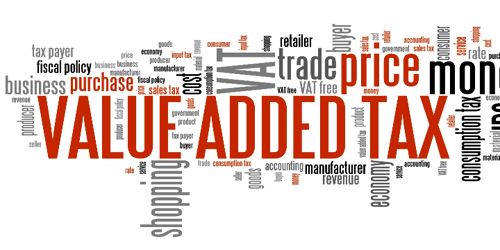Value Added tax refers to the tax applied to value added as per prescribed rate. In fact, it is a multi-stage indirect tax imposed on the value added at different stage starting from production to distribution process. It is a consumption tax placed on a product whenever a value is added at each stage of the supply chain, from production to the point of sale.
Arguments against VAT:
- An increase of price level: When VAT imposed the price of the articles also increase.
- An increase of service price: When VAT imposed on the service the price is increases of the services more than the proportion.
- Increases of the production cost of small industries: When VAT imposed on handicraft and small industries their production cost increases.
- Increases cost of living: Actually, in case of VAT the tax paid consumer finally and it increases the cost of living.
- Expensive to businessmen: It increases the expenses of businessmen because they have to keep regroups books and A/C for this purpose.
- The VAT burdens the poorest and least influential sections of society more than other forms of tax. As the poor have lower incomes, more of their income is consumed by consumption.
- The higher the prices of consumption goods, the less money that the poor can save, and the less able they are to improve their conditions.
To contest this income dissimilarity argument, most countries that have VAT (including Canada and the United Kingdom) offer several exemptions, typically on necessities such as children’s clothing, child care, and groceries.
















